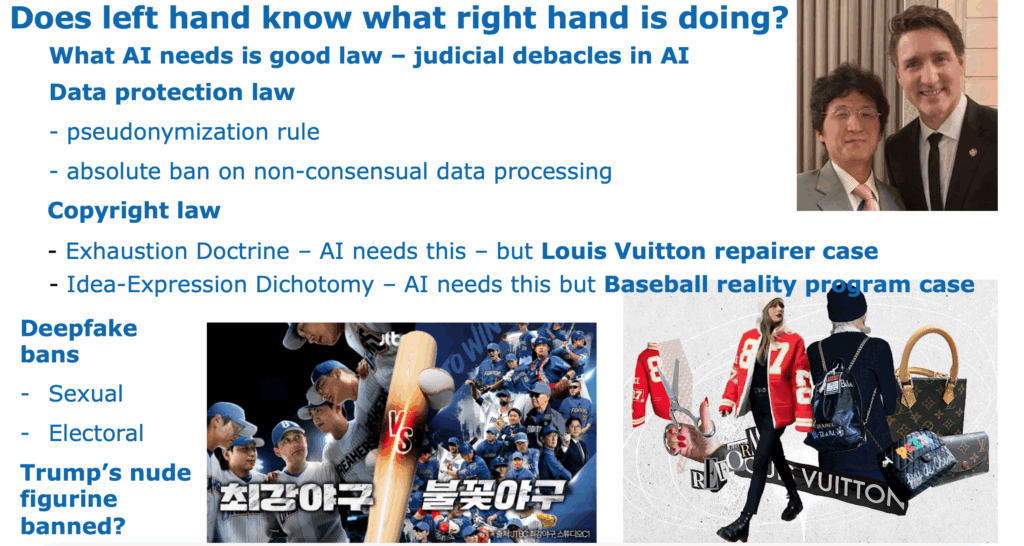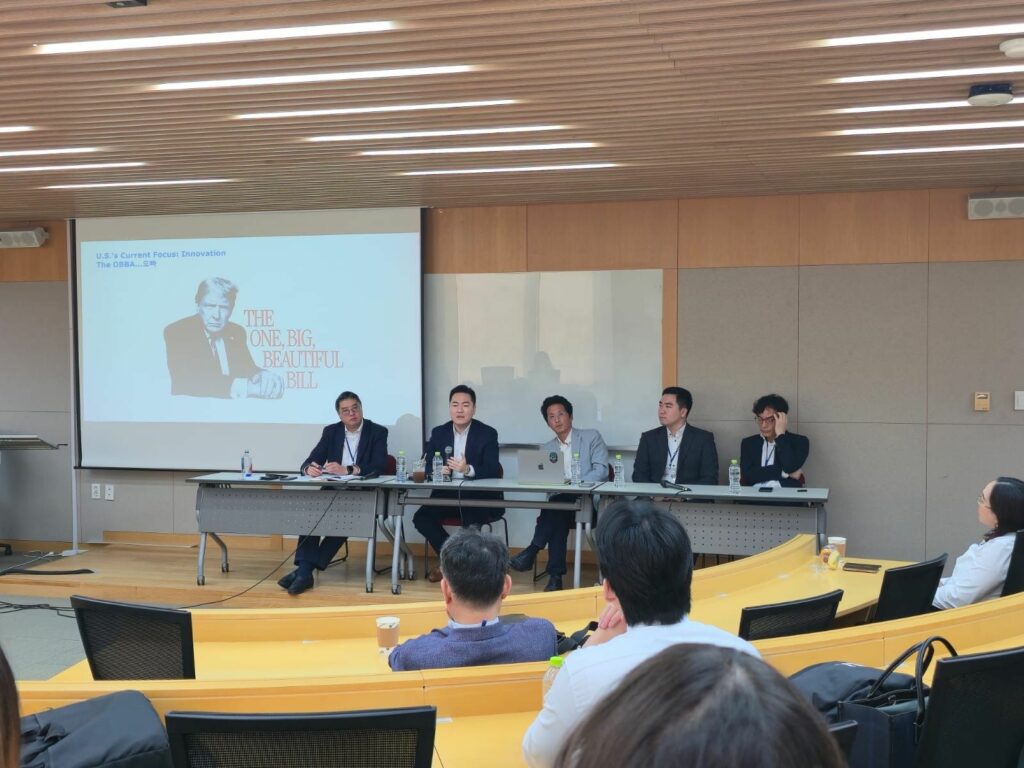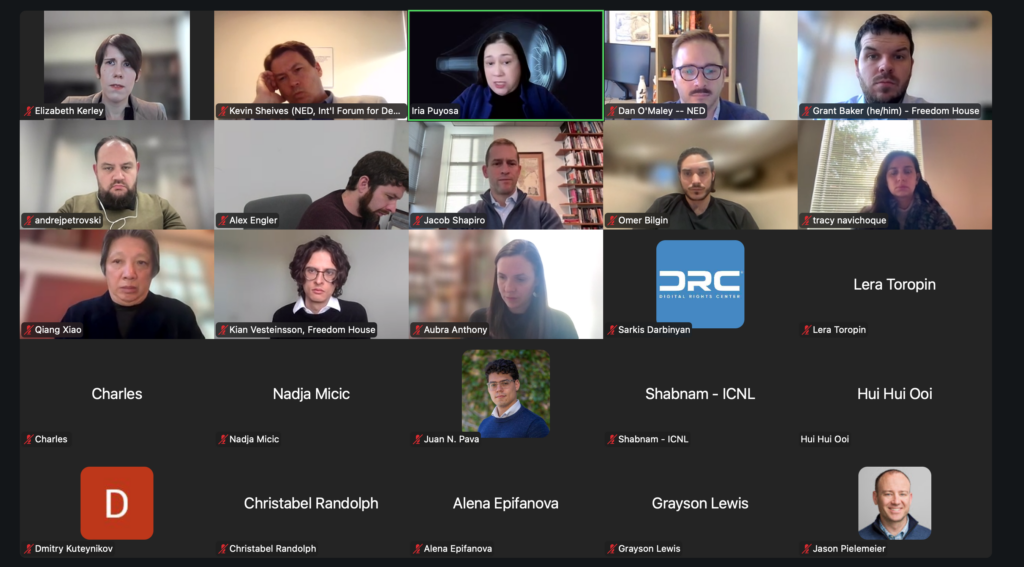K.S. Park talked about the country’s AI polices and law at International Association of Korean Lawyers on September 26, 2025, focusing on copyright law and data protection law may suppress ethical and efficacy of artificial intelligence.


KS first presented South Korea’s ambitious plan to become, not just No. 3 but one of the big 3 of AI development as demonstrated by the government’s projects such as National AI Data Center, sovereign AI, native AI chips, and K-Cloud. In particular, he noted that the RFP for National AI Data Center was snubbed by the industry twice already due to the requirement for off-metropolitan location and the stringent pricing rules designed to subsidize smaller AI developers. He noted that the typically government-led development efforts in South Korea will have to continue to answer the expectations of the public.
On the other hand, he noted, the legal environment is not conducive to AI development. Much data needed for training AI comes from personal data. In order to protect privacy, much data needs be pseudonymized. However, the over-protective pseudonymization rule (Article 28-5 of Korea’s data protection law) absolutely banned re-identification of the pseudonymized data. Some of data subjects’ rights such as right to inspect their data and right to halt data processing require re-identification and therefore are paralyzed by that rule. What is even worse, the Korean Supreme Court, in a poorly thought-out attempt to encourage and liberalize pseudonymization of personal data out the aforesaid deadlock, ruled that psedonymization is not a data processing, and therefore data controllers are not obligated to afford the data subjects such rights as the right to halt processing. In the end, data subjects end up fearing and opposing all forms of pseudonymization, reducing the data availability. 2 years ago, Open Net has submitted a bill to make a GDPR-like exception to the re-identification ban but no luck so far. Also, mechanistic application of data protection law is hampering general availability of data, together with truth defamation law. For instance, government officials are shutting down journalists and whistle blowers arguing that their acts identifying the officials without their consent constitute a data protection law violation. Open Net has also filed and won a lawsuit on behalf of such whistle blower.
Furthermore, intellectual property law is being abused. Exhaustion doctrine — the idea that intellectual properties rights are not implicated in enjoyment or consumption of the products legally made with those rights because the right owners have been paid the royalties for the rights upon the making of the products — is essential to AI development because AI operators cannot afford to pay every time their machines read or view or learn from the books and images. Open Net has defended a Louis Vuitton bag repairer in the trademark area. Also, the idea-expression dichotomy — the idea that copyright protects expressions not ideas or copyright will be unfairly used to suppress a vast diversity of expressions of the same idea, hurting the goal of cultural progress, is also essential to AI development because extraction of ideas/data from the copyrighted works by AI should be freely allowed. I am personally helping litigation on behalf of a video producer who is using the idea of a reality baseball game originally begun by JTBC.
These legal environment may be antagonistic to Korea’s goal of becoming the big 3 in the world’s AI race.
*The presentation material of the entire seminar is below:
IAKL-Global-AI-Trends-Cost
0 Comments